Types of Stem Cell Therapies Offered in Germany
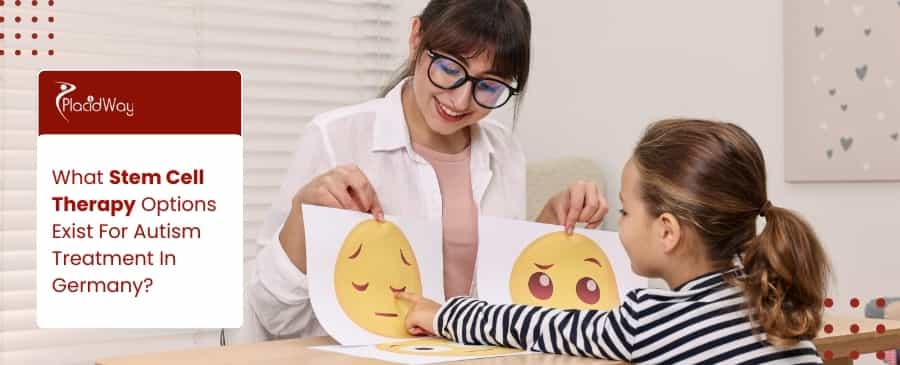
Germany, known for its advanced medical infrastructure, rigorous scientific research, and pioneering healthcare innovations, has become a destination for individuals exploring these advanced therapeutic options.
When considering autism treatment in Germany, it's crucial to understand what types of stem cell therapy options exist for autism treatment in Germany, how they are regulated, their potential benefits and risks, and what the scientific community says about them.
What Stem Cell Therapy Options Exist for Autism Treatment in Germany?
In Germany, the primary focus for stem cell therapy for autism revolves around the use of mesenchymal stem cells (MSCs).
These cells are multipotent stromal cells that can differentiate into a variety of cell types, but their therapeutic potential for autism largely stems from their immunomodulatory, anti-inflammatory, and neurotrophic properties.
Clinics in Germany typically utilize MSCs obtained from specific, ethically sourced tissues.
Is Stem Cell Therapy for Autism Legal in Germany?
The legality of stem cell therapy for autism hinges on whether the treatment is considered an "approved medicinal product" or falls under specific exemptions, such as those for advanced therapy medicinal products (ATMPs) or compassionate use.
The Paul Ehrlich Institute (PEI) is the federal agency responsible for vaccines and biomedicines, including stem cell therapies, in Germany. They regulate the clinical trials and approval processes.
How Does Stem Cell Therapy for Autism Work?
The working mechanism of stem cell therapy for autism, particularly using mesenchymal stem cells (MSCs), is multifaceted and targets several key biological pathways implicated in autism spectrum disorder.
The prevailing theory suggests that autism may involve chronic neuroinflammation, oxidative stress, and impaired neural connectivity.
MSCs are thought to counteract these issues primarily through their paracrine effects, meaning they secrete a variety of bioactive molecules rather than directly replacing damaged cells.
How Much Does Stem Cell Therapy for Autism Cost in Germany?
The financial aspect of stem cell therapy for autism in Germany is a significant consideration for many families. The cost is not standardized and can vary widely based on several factors.
Generally, you can expect the price to fall within a broad range, reflecting the complexity of the treatment, the specialized facilities, and the expertise involved.
This advanced medical procedure is not typically covered by standard health insurance policies, as it is often considered experimental or investigational for autism.
Which Clinics in Germany Offer Stem Cell Therapy for Autism?
Germany is home to numerous advanced medical facilities and specialized clinics that offer a wide range of innovative treatments, including stem cell therapy for autism.
While we cannot list specific clinic names, as a patient or family member, it is vital to undertake comprehensive due diligence to identify reputable and experienced centers.
These clinics are often located in major cities known for their medical prowess, such as Berlin, Munich, Frankfurt, or Düsseldorf, where access to leading medical professionals and research institutions is prevalent.
Who is a Suitable Candidate for Stem Cell Therapy for Autism?
Determining suitability for stem cell therapy for autism is a complex process that relies heavily on a thorough medical evaluation by specialists at a reputable clinic.
It is not a one-size-fits-all solution, and clinics in Germany will have specific criteria based on their protocols and the current understanding of the therapy's application.
Ultimately, the decision regarding suitability for autism treatment with stem cells is made by the medical team at the chosen clinic after a detailed, individualized assessment, ensuring the patient's safety and well-being are prioritized. This careful selection process is a hallmark of responsible medical practice in Germany.
Considering stem cell therapy for autism or other advanced treatments? PlacidWay helps you navigate global healthcare options, connecting you with reputable clinics and specialists worldwide to find the best solutions for your needs.


.png)


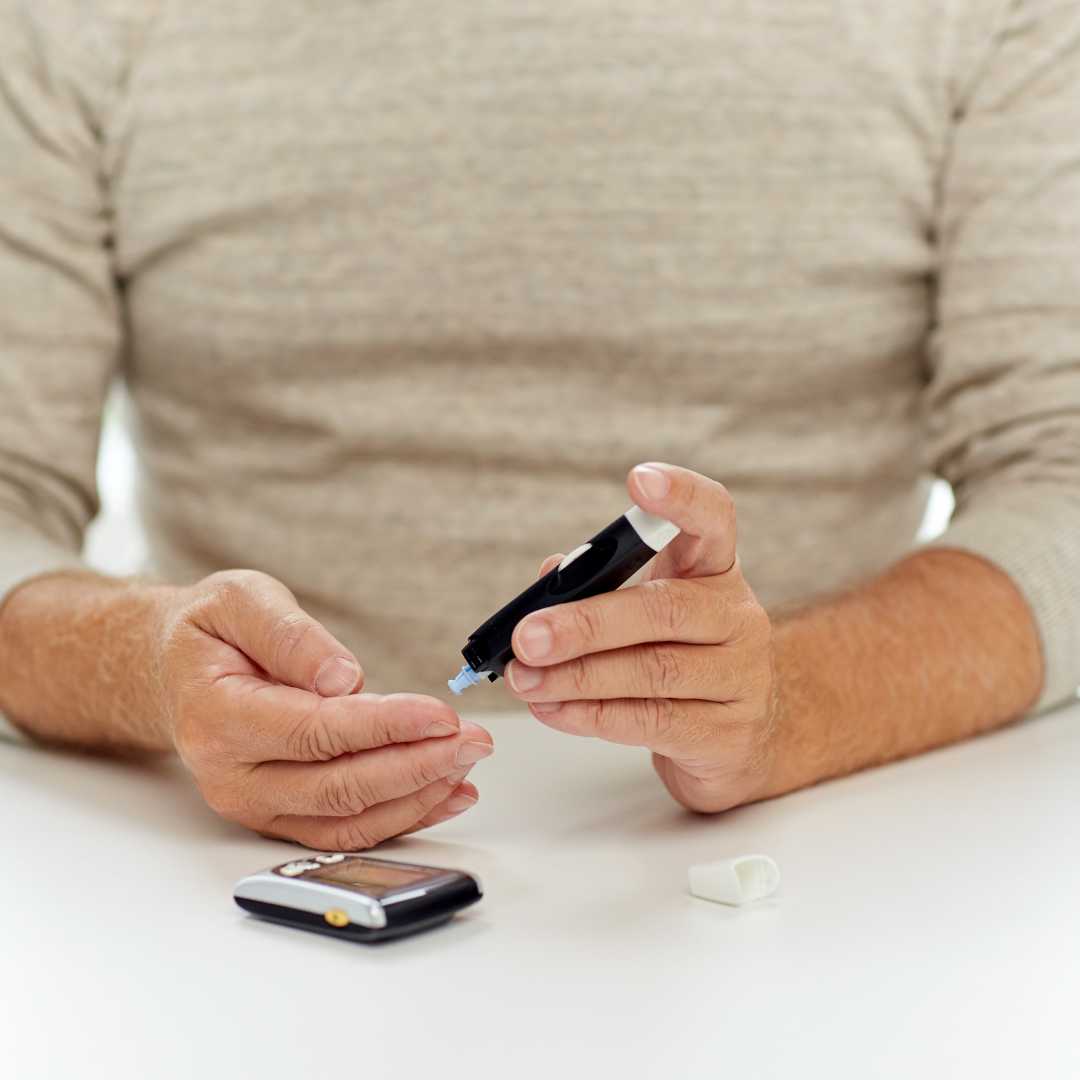

.png)
.png)
.png)
.png)
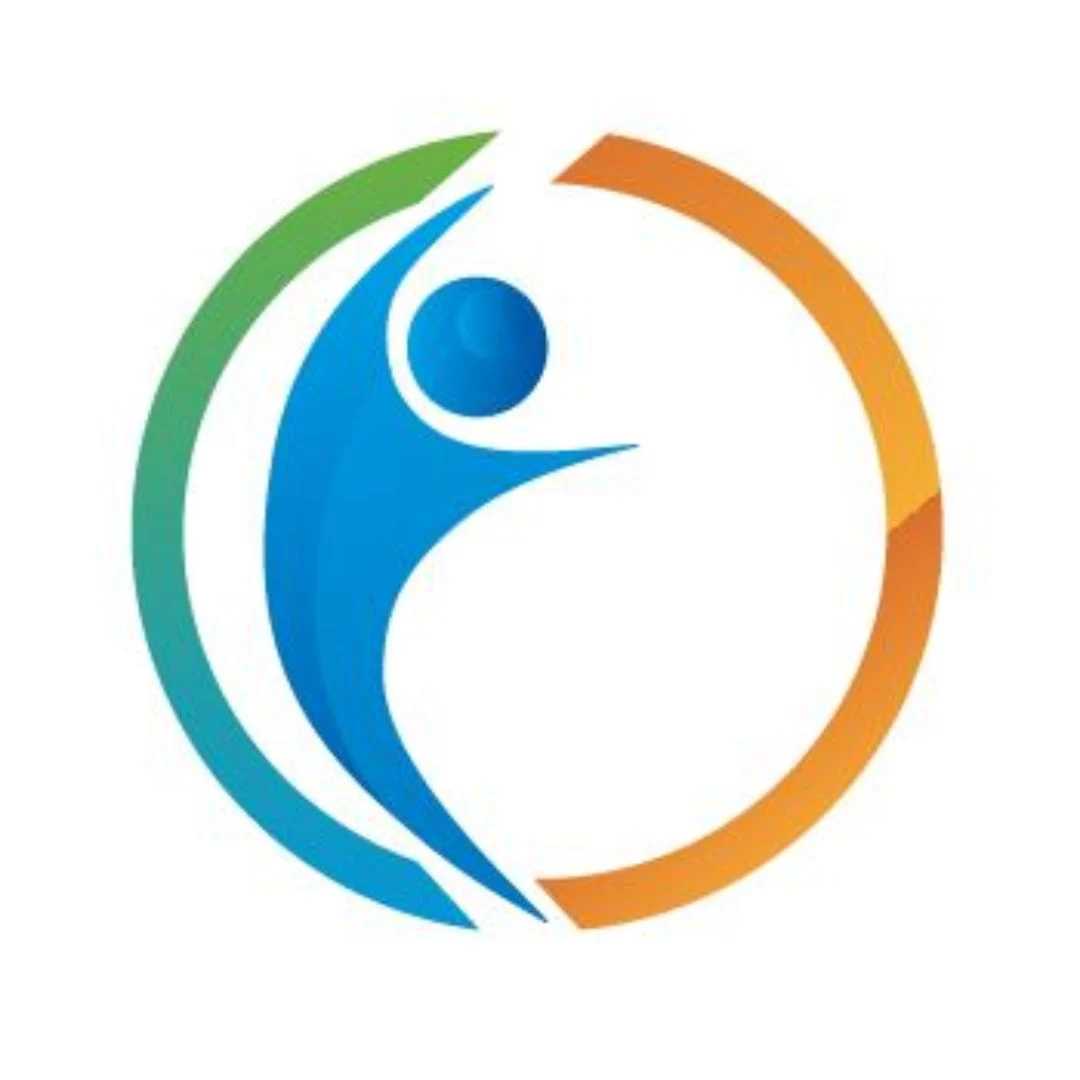
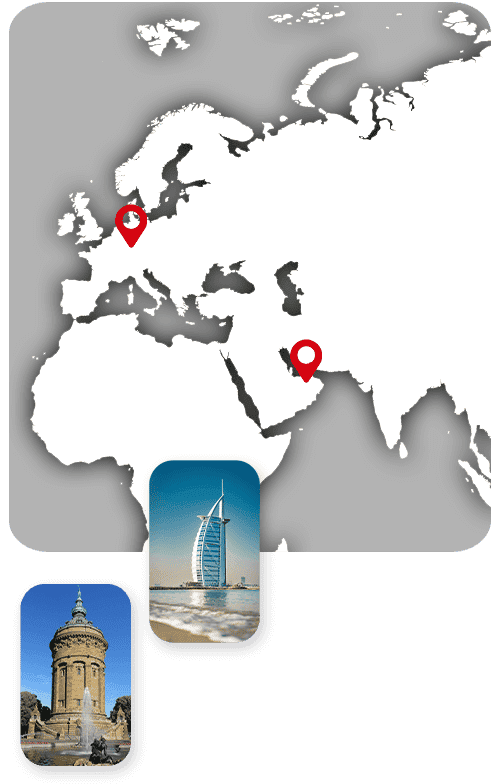
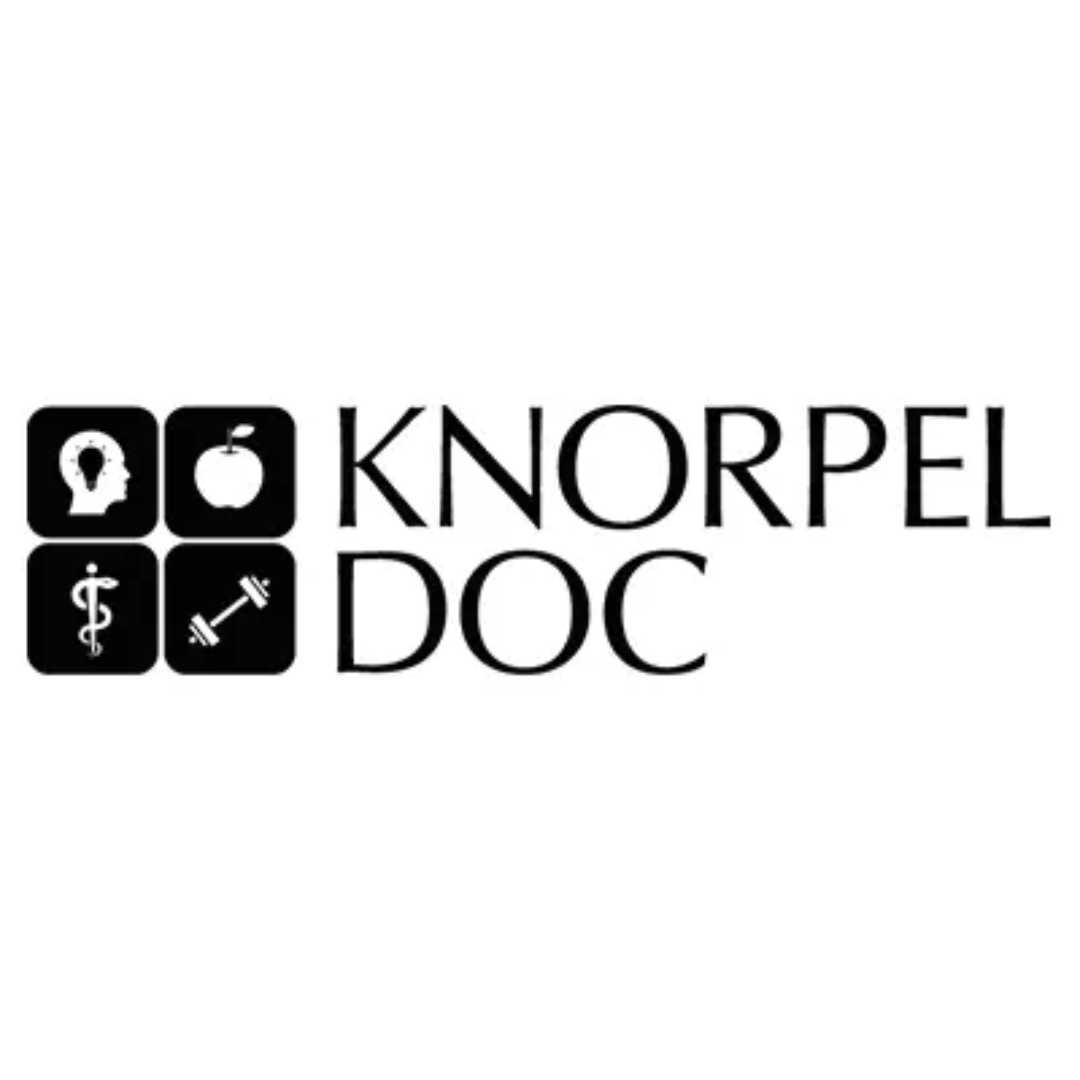
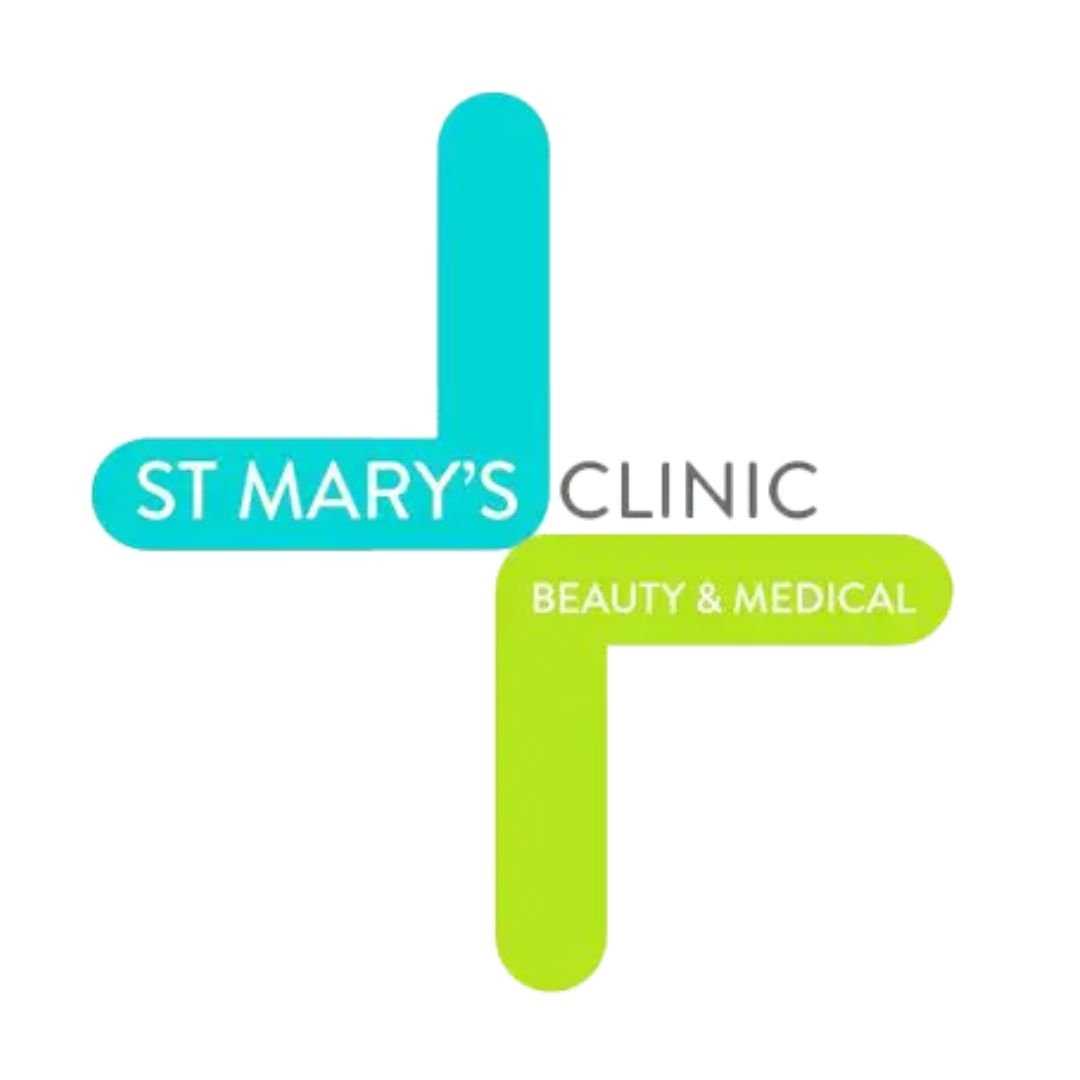

Share this listing